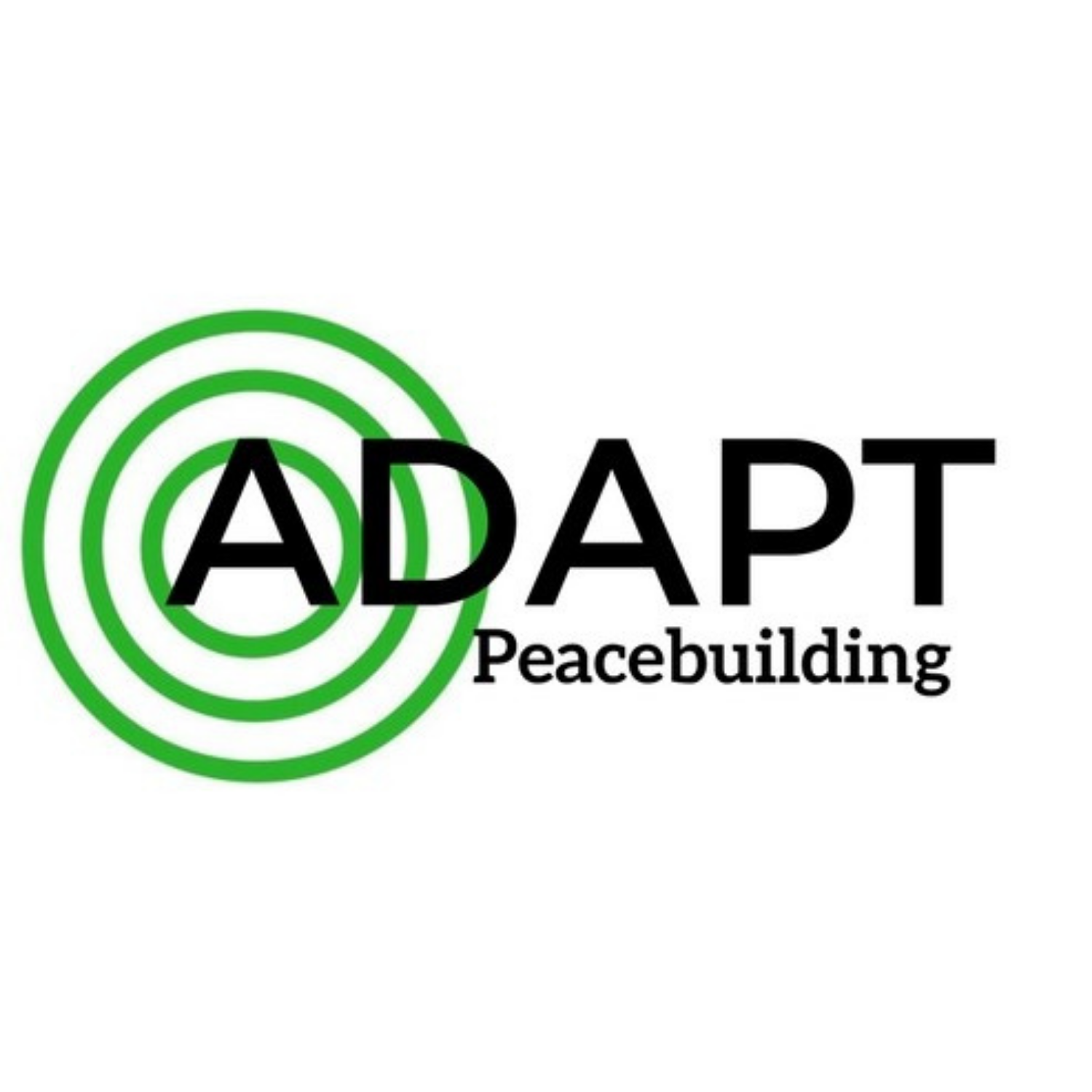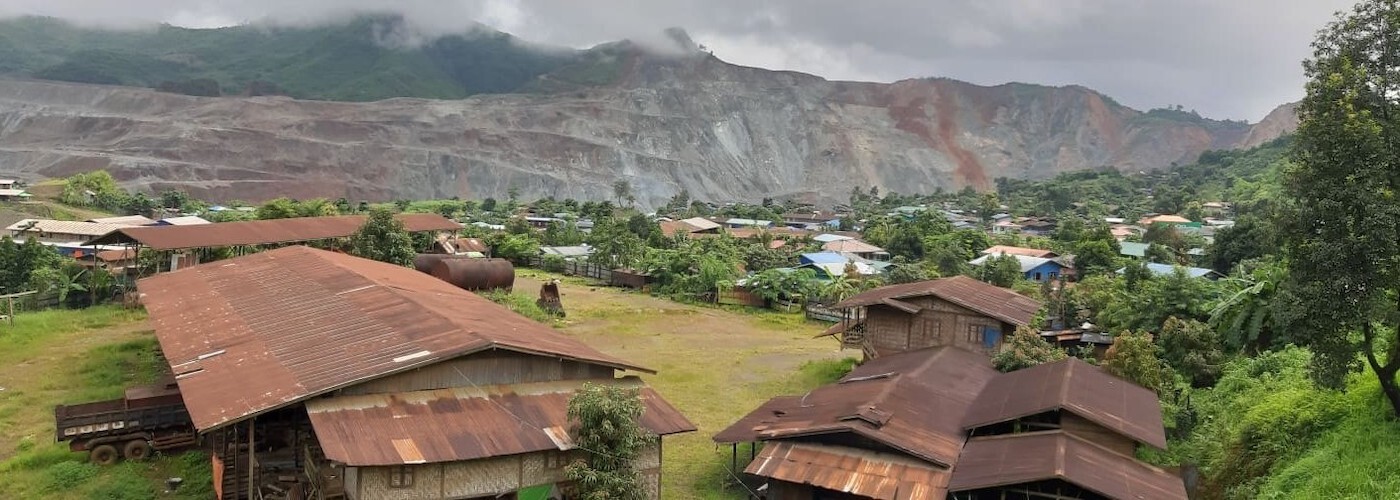
2.2K
Downloads
13
Episodes
Adapt provides research and consultancy services for local and international organisations in support of peace and sustainable development in conflict-affected environments. Our conflict and conflict sensitivity analyses, program design and management, and learning initiatives incorporate concepts and tools from complexity science, systems thinking and participatory approaches in order to thrive in complex and challenging contexts. We value deep and long term partnerships that empower local agency and lasting change.
Episodes

Thursday Mar 25, 2021
Thursday Mar 25, 2021
This episode was a guest contribution to The Peacebuilding Podcast on 12th October, 2018.
Join us in conversation with Catherine Barnes. I first met Catherine at a dialog and facilitation retreat in rural Myanmar. I was struck by the degree of presence that she bought to her work, mentoring and accompanying an emerging generation of positive change makers in that fascinating yet troubled country. Catherine is a rare breed of scholar practitioner. Her work is deeply grounded in decades of field work across thirty countries, while her research and writing covering topics of facilitation, dialog, activism, and social justice blends a high level of insight with accessibility. She is faculty member of the Center for Justice and Peacebuilding at Eastern Mennonite University and freelance peace researcher and practitioner, particularly as concerns dialog and facilitation techniques across conflict divides.
Her comments in this episode are so relevant to our times. She describes our “addiction to coercion”, whereby we – internationally and domestically – try to compel others to accept our goals and points of view rather than expending our efforts and resources on collaborative activity for the greater good. She relates this to the increasing polarisation that we are experiencing domestically and internationally, and how we have in the past, and can in the future, find ways back through dialog and collaborative action.
Catherine demystifies peace processes that are designed and implemented to end civil wars, drawing on examples from Tajikistan, Sierra Leone, Bosnia and elsewhere, and tracing the path from elite lead peace agreements to more the more inclusive peace processes of modern times. This conversation takes place against a backdrop of the increasing complexity of local and global forces that shape civil war conflicts, which renews calls that peace needs to be grown organically from within an affected society, not implanted in the form of blueprints from outsiders.
This episode is a guest contribution to The Peacebuilding Podcast.

No comments yet. Be the first to say something!